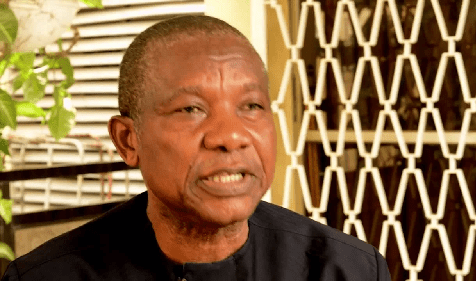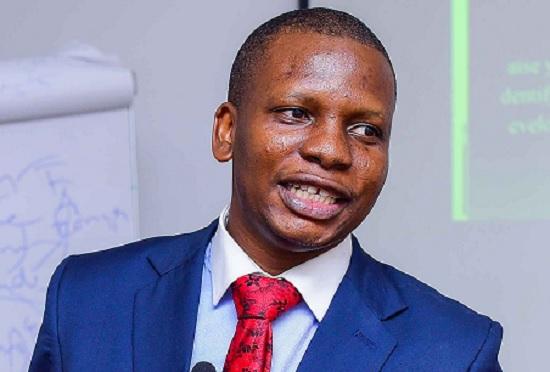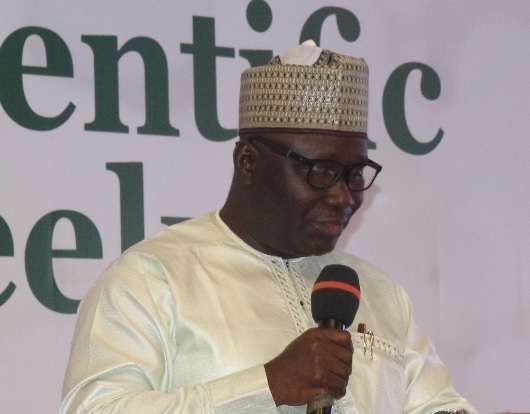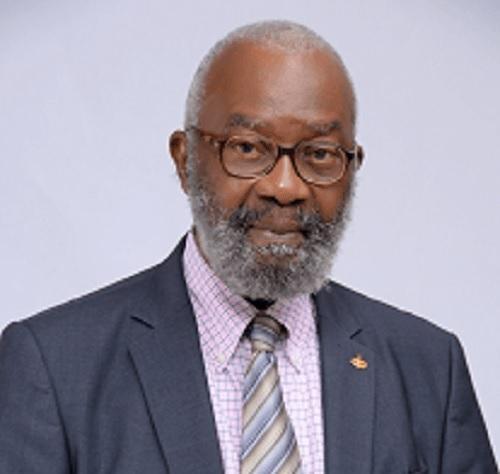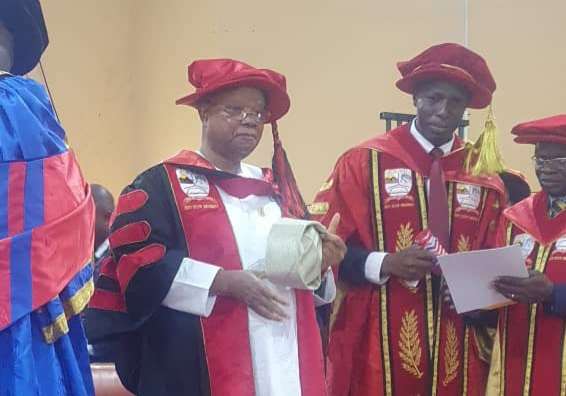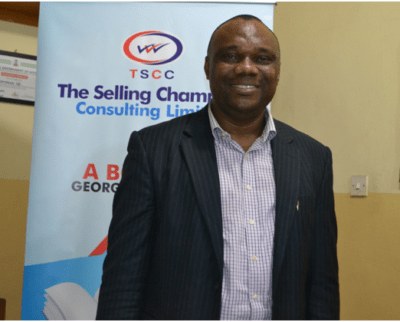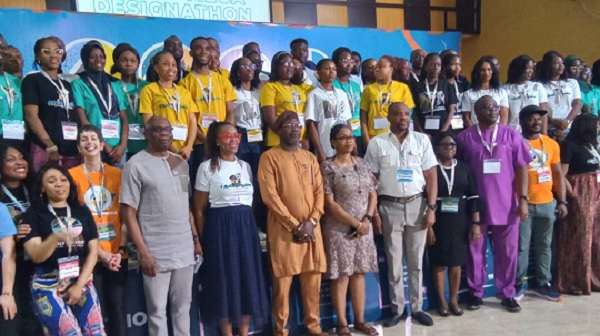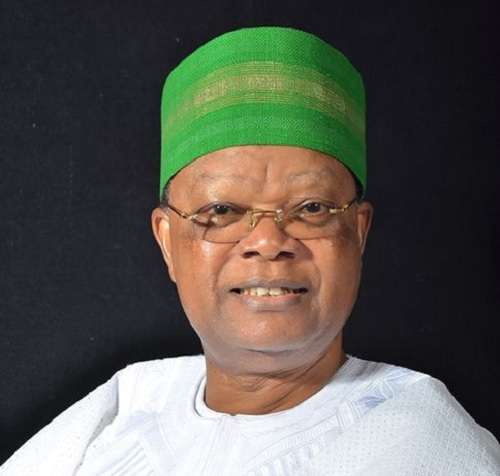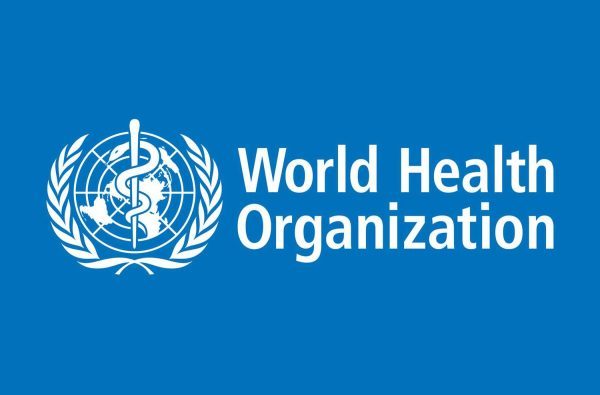
In the intricate fabric of global public health, the regulations surrounding pharmaceuticals hold a pivotal role, delicately balancing access to life-saving medicines with safeguarding against potential risks. This equilibrium is particularly critical in the expansive and diverse continent of Africa, where pharmaceutical regulations navigate a myriad of complexities, echoing a global symphony. Against the backdrop of historical pharmaceutical tragedies like the thalidomide disaster, the call for robust regulatory frameworks in Africa resonates with urgency.
Africa’s pharmaceutical regulatory landscape stands at a crossroads, grappling with the imperative to ensure access to safe, effective, and affordable medicines while navigating systemic challenges. Although the historical echoes of pharmaceutical crises vary, they underscore the universal necessity for stringent testing and control. As we explore Africa’s regulatory narrative, the global context serves as both a mirror and a compass, guiding us through the intricate challenges and promising opportunities.
Despite the undeniable significance of the pharmaceutical sector, the regulatory landscape governing it reflects a diversity that mirrors the unique challenges and opportunities within each African nation. Unlike more homogenous regions like the European Union, Africa is a mosaic of countries, with distinct healthcare needs, economic capabilities, and regulatory capacities. This diversity poses both challenges and opportunities for pharmaceutical companies operating on the continent.
African nations exhibit variations in their regulatory infrastructure, ranging from well-established bodies to those facing capacity limitations. Some countries boast robust mechanisms ensuring the safety and efficacy of pharmaceutical products, while others struggle with resource constraints, hindering effective oversight. This divergence can impact the speed and efficiency of drug approval processes, contributing to disparities in healthcare access among nations.
The issue of regulatory harmonisation presents a significant hurdle for the pharmaceutical industry in Africa. The absence of standardised regulations across countries can result in delays in drug approvals and market access. This lack of harmonisation not only complicates manufacturing and distribution processes but also inhibits the potential for economies of scale that could make pharmaceuticals more affordable and accessible across the continent.
Pharmaceutical regulation in Africa: X-raying regional disparities
The African continent, celebrated for its cultural richness and diverse landscapes, manifests pronounced regional disparities in pharmaceutical regulations, each nuanced by historical, economic, and infrastructural factors. These differences create a regulatory tapestry profoundly influencing pharmaceutical development and distribution. Examining specific instances from various African countries sheds light on the complex challenges faced.
In East Africa, countries like Kenya and Ethiopia have made significant strides in strengthening their regulatory bodies, fostering an environment conducive to pharmaceutical innovation. These nations have invested in robust frameworks, enabling more efficient drug approval processes and contributing to a vibrant local pharmaceutical industry.
Conversely, West African countries like Nigeria and Ghana encounter regulatory challenges, including resource constraints and limited expertise. These limitations impede oversight effectiveness, resulting in prolonged approval timelines and, subsequently, delays in essential medication availability.
Online surveys conducted across the continent further highlight disparities. A South African survey revealed that 75 per cent of respondents expressed confidence in the safety and efficacy of locally manufactured pharmaceuticals, citing stringent regulatory measures. In contrast, surveys in countries like Chad and Niger indicated lower confidence levels, reflecting concerns about regulatory capacity to ensure product quality.
The impact of regulatory variations extends beyond development to distribution. In North Africa, Egypt’s well-established regulatory body facilitates efficient pharmaceutical distribution, ensuring a steady supply to meet the healthcare needs of its population. In contrast, regulatory challenges in Libya and Sudan contribute to disruptions in the pharmaceutical supply chain, affecting medication availability.
Harmonising regulations proves particularly challenging. While East African countries, part of the East African Community, have made strides in regulatory alignment, the lack of harmonisation is evident when comparing their systems to those in West Africa, reflecting the broader continent-wide struggle.
To address these disparities, a collaborative effort is imperative. Initiatives like the African Medicines Regulatory Harmonisation programme, endorsed by the African Union, aim to synchronise regulatory efforts across nations. Investing in capacity building, as exemplified by the South African Health Products Regulatory Authority (SAHPRA), showcases the positive impact that a well-equipped regulatory body can have on the pharmaceutical landscape.
Key regulatory challenges in African pharmaceutical regulation
Inadequate regulatory bodies remain the Achilles’s heels of African health systems. A cornerstone of effective pharmaceutical regulation is the strength of regulatory bodies overseeing drug approval and safety. However, across various African countries, limited regulatory infrastructure poses a significant challenge to ensuring the safety and efficacy of pharmaceutical products.
Weak regulatory systems in some African countries have led to massive prevalence of counterfeit drugs with several implications. The scourge of counterfeit drugs poses a significant threat to public health in Africa. Weak regulatory frameworks contribute to the proliferation of substandard and falsified pharmaceuticals, jeopardising patients’ well-being.
Case in point: Nigeria
Nigeria, a populous African nation, grapples with regulatory challenges exemplified by the National Agency for Food and Drug Administration and Control (NAFDAC). Despite its efforts, NAFDAC faces resource constraints, leading to difficulties in conducting thorough inspections and timely approvals. This not only hinders pharmaceutical innovation but also raises concerns about the safety of drugs entering the market.
Survey data from a recent online poll in Nigeria underscores these concerns, with 60 per cent of respondents expressing reservations about the safety of locally produced pharmaceuticals. This scepticism can be traced back to perceived inadequacies in regulatory oversight.
Challenges of harmonising regulations across diverse nations
The diverse nature of African nations, each with its unique socio-economic and healthcare landscape, poses a formidable challenge to regulatory harmonisation. While regional economic communities aim for alignment, achieving a unified regulatory framework remains an uphill battle.
Case study: East African Community (EAC)
The East African Community, comprising Kenya, Tanzania, Uganda, Rwanda, and Burundi, has made strides in regulatory harmonisation. However, disparities persist, affecting pharmaceutical trade and distribution. For instance, delays in product registrations across member states hinder the timely availability of medications, reflecting the challenges of synchronising regulations even within a regional bloc.
Survey findings from a cross-border study in the EAC reveal that 70 per cent of pharmaceutical manufacturers face obstacles in navigating varying regulatory requirements. This not only prolongs time-to-market but also increases operational costs, creating a ripple effect on drug accessibility.
Case study: Ghana
Ghana has been proactive in addressing the issue of counterfeit drugs through its Food and Drugs Authority (FDA). Despite these efforts, the influx of counterfeit medications remains a challenge. In a recent study conducted in Ghana, it was revealed that approximately 15 per cent of pharmaceutical products in circulation were either substandard or counterfeit. This not only endangers patients but also undermines the credibility of the pharmaceutical industry.
Survey data from healthcare professionals in Ghana indicates that 80 per cent have encountered patients experiencing adverse effects due to counterfeit drugs. This underscores the urgent need for strengthened regulatory measures to curb the infiltration of substandard pharmaceuticals into the market.
Way forward for African pharmaceutical regulations
African countries need to invest massively in technology, in order to overcome their regulatory challenges. It is an era of artificial intelligence and this must be strongly capitalised on. Both South Africa and Morocco showcase the importance of leveraging technology for efficient regulatory processes. Automated systems not only expedite approvals but also contribute to transparency.
African countries can also leverage international collaboration. Actively engaging with international organisations, as seen in South Africa, enhances the credibility of local pharmaceutical products. This facilitates international market access and fosters a positive perception of the national regulatory framework.
Regulatory harmonisation is another key strategy African countries can leverage. Morocco’s success in harmonising regulations regionally underscores the importance of aligning standards with neighbouring countries. This not only facilitates trade but also contributes to a more integrated and efficient pharmaceutical market.
The EU’s success in harmonising pharmaceutical regulations across member states provides valuable lessons for Africa. The centralised approach of the EMA ensures consistent standards and expedites the approval process for pharmaceuticals.
While the African context may differ, the principles of collaboration, common standards, and centralised oversight offer insights into effective regulatory harmonisation. A comparative analysis between EU countries and African nations adopting harmonisation strategies indicates a 30 per cent reduction in drug approval times in regions with collaborative regulatory frameworks.
In conclusion, opportunities for improvement in African pharmaceutical regulation lie in the strategic investment in regulatory infrastructure and the promotion of harmonisation. Real-world examples from Ghana’s FDA transformation and lessons learnt from the EU’s success underscore the tangible benefits of these approaches.
As African nations continue to strengthen their regulatory frameworks, these opportunities present a pathway to a more efficient, transparent, and harmonised pharmaceutical landscape.
Olusiji Nelson Benjamin writes from University of Michigan, Ann Arbor, Michigan, United States











